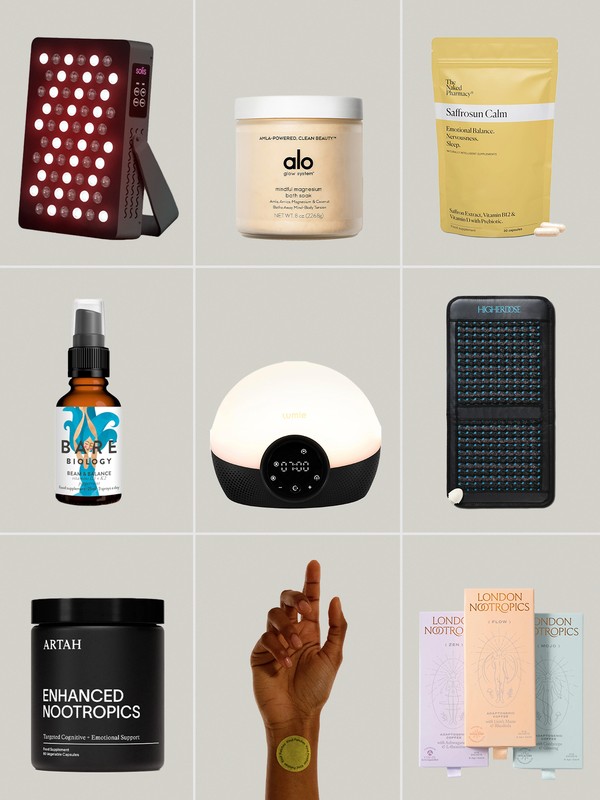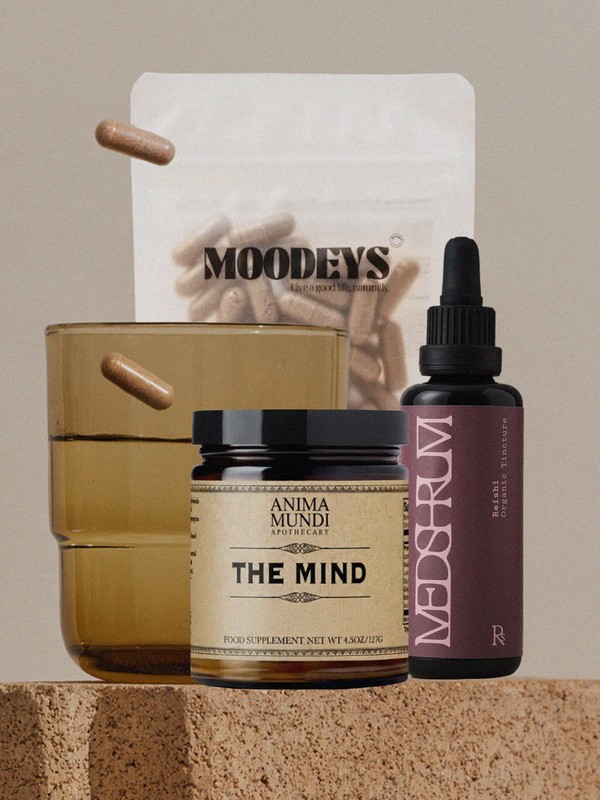Homeopathy: What You Need To Know
First, what is homeopathy?
Homeopathy isn’t just another natural way of treating conditions – it’s a complete medicine system in its own right. First developed in Germany in the late 18th century by physician Samuel Hahnemann, homeopathy works in harmony with the body’s immune system and triggers or intensifies the body’s own healing mechanisms. Homeopathy sees the body as intelligent and able to heal itself. Symptoms aren’t covered up – as they are with some conventional medicines – but rather, the body is given a gentle push to heal itself.
But how exactly does it work?
The word homeopathy comes from the Greek, meaning ‘similar suffering’. As Lisa Granditer, homeopath at The Organic Pharmacy explains, “Homeopathy is based on the principle of ‘like treats like’ – that is, a substance which can cause symptoms when taken in large doses can be used in small amounts to treat similar symptoms. For example, drinking too much coffee can cause sleeplessness and agitation, but when made into a homeopathic medicine, it can be used to treat those suffering from insomnia and anxiety.” Granditer explains that this concept is sometimes used in conventional medicine (the stimulant Ritalin, for example, is often used to treat patients with ADHD) although the difference with homeopathy is the medicinal doses, commonly referred to as remedies, are so small that toxic side-effects are avoided.
Is there any science to show homeopathy actually works?
There’s a growing body of research demonstrating its potential benefits – take a look at the Homeopathy Research Institute (HRI). Some smaller studies have suggested homeopathy has similar success rates to conventional medicine. As Carolyne Hallet, homeopath and soul therapist adds, “Homeopathy is widely accepted across the globe as a reputable therapy, included in the national health systems of dozens of countries, including Brazil, Chile, India, Mexico, Pakistan and Switzerland. Moreover, the likes of Usain Bolt, David Beckham and the Royal family have long been vocal advocates.” Like many other alternative therapies, homeopathy has come under criticism from the western medical world, but as Hallet says, “The people who attack homeopathy tend to ignore research because they struggle to understand how it works.”
What does a consultation involve?
An appointment with a homeopath will delve into every aspect of your health. As Hallet explains, “Your first session will be around 60-90 minutes long and during that time we’ll chat through a detailed history of your health as well as lots of general questions about your sleep, diet and lifestyle as well as your personality. We are interested to know how you are in health as well as when you are unwell. Your remedies are then matched to your individual needs. For example, I may have five patients who come to me with PMS but they will all experience symptoms differently, so will be prescribed different remedies.”
What can it help with?
Homeopathy is used to treat a wide range of health conditions, but among the most commonly treated are: allergies, arthritis, asthma, chronic pain conditions, digestive issues, ear infections, hay fever, high blood pressure, insomnia, mental health conditions and skin conditions like acne and eczema.
Who’s it for?
Everyone and anyone, even babies and pregnant women. Homeopathic remedies can also be safely taken in conjunction with prescribed medication. In the world of wellness, where alternative therapies often come with a hefty price tag, it’s refreshing to learn that homeopathy doesn’t cost a fortune. As Caroline Gaskin, one of the UK’s leading homeopaths, explains, “Homeopathic remedies in themselves are low cost and have minimal impact on the environment. It is an affordable way to have a health assessment and leave equipped with a plan that’ll leave you feeling better for longer.”
Should you have a consultation?
Not necessarily – homeopathic medicines are readily available to buy across the UK. The Organic Pharmacy has in-store homeopaths who can prescribe remedies, while pharmacies like Ainsworths and Helios stock combination packs which are particularly good for stress, jet lag and sleep issues, according to Hallett. However, for more complex conditions or in-depth advice, it’s always worth speaking to a trustworthy practitioner.
How do you find a homeopath?
It’s important to know that there is currently no legal regulation of homeopathic practitioners in the UK. This means anyone can practice as a homeopath, even if they have zero qualifications. Search for a homeopath near you via trusted sources like the Complimentary Medical Association, the Alliance of Registered Homeopaths or Find A Homeopath. Any reputable homeopath should have a licentiate in homeopathy and be both registered and insured.
DISCLAIMER: We endeavour to always credit the correct original source of every image we use. If you think a credit may be incorrect, please contact us at info@sheerluxe.com.






